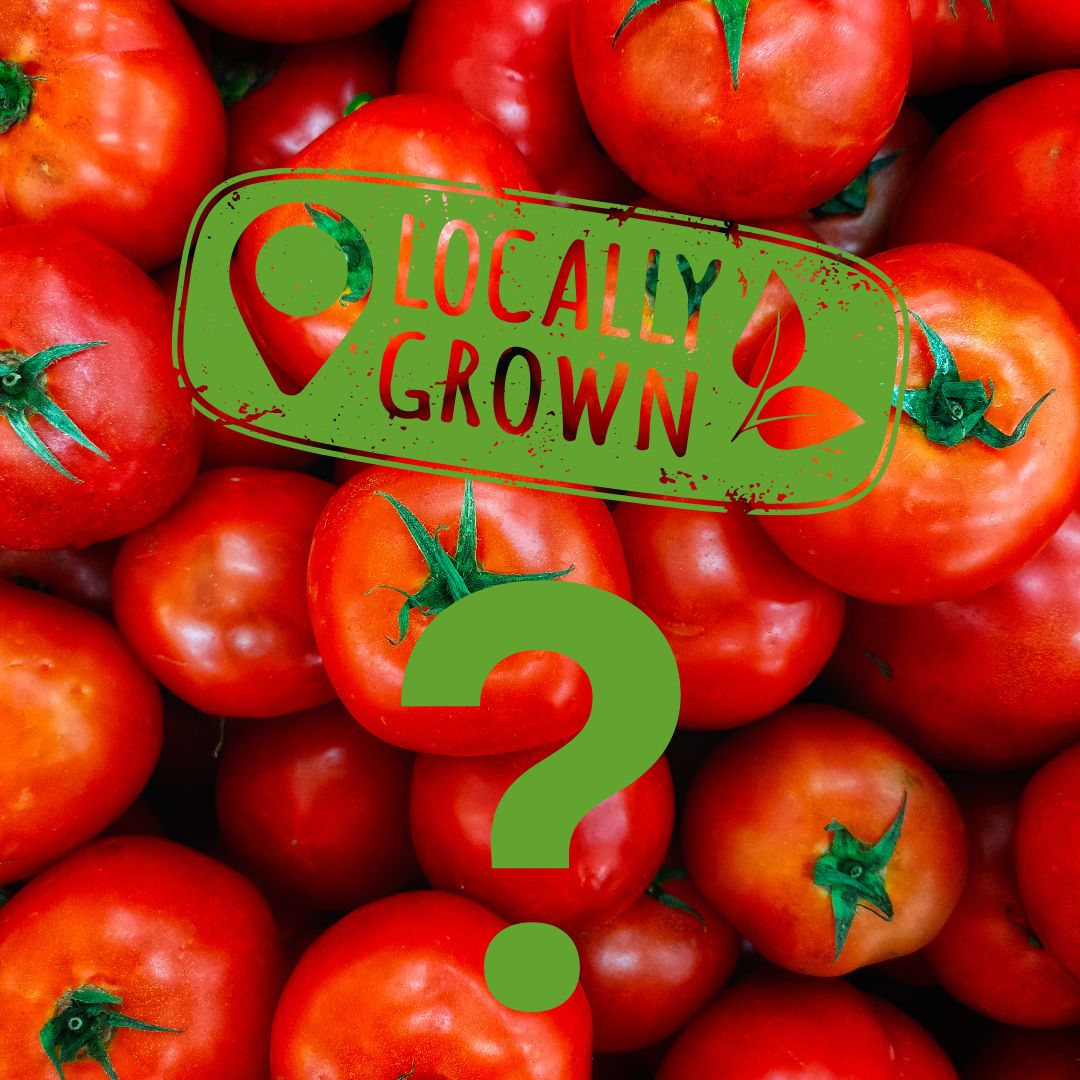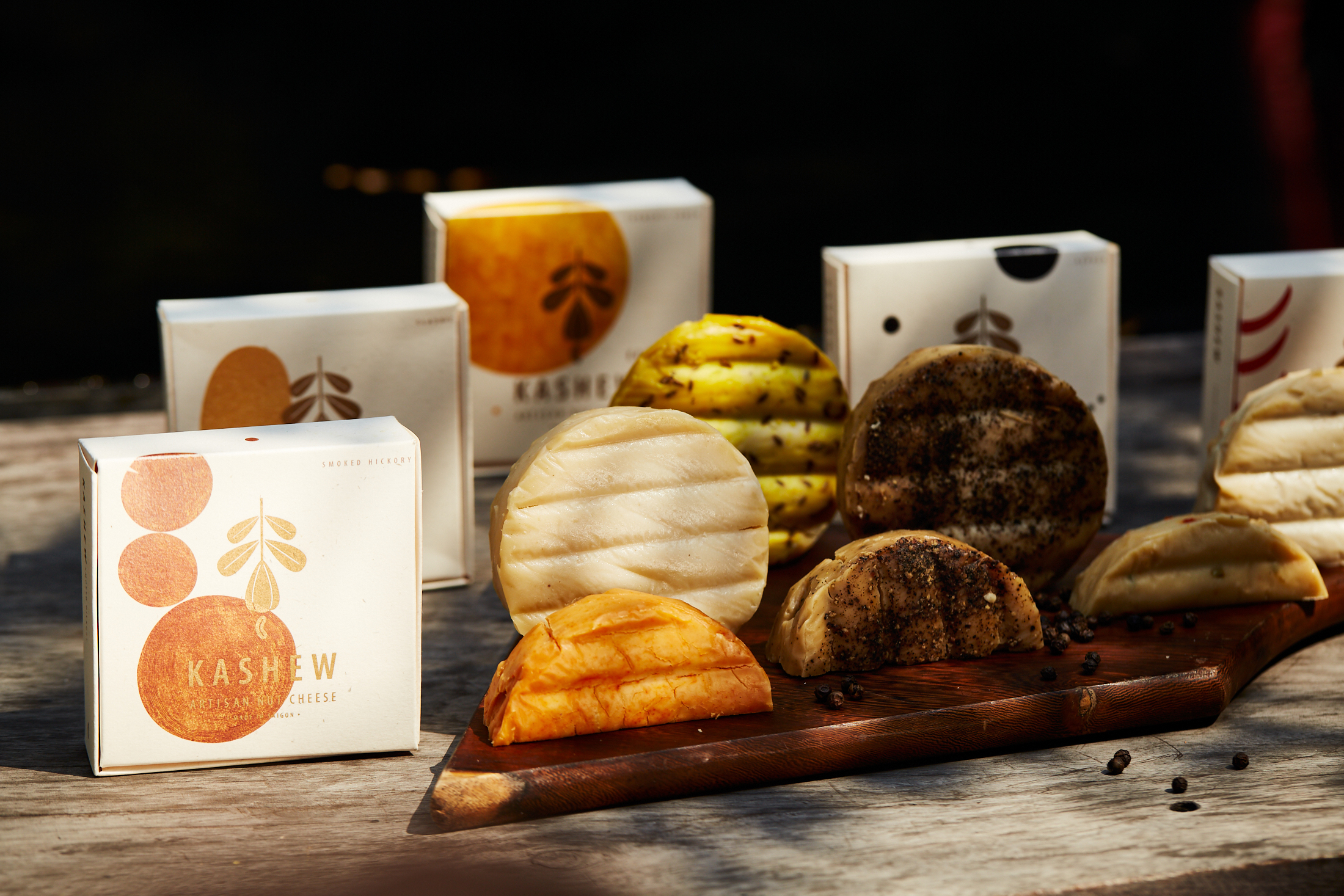The consequences of consuming produce grown in China and sold in Vietnam as locally grown produce.
The inspiration for this blog post came from a Vietnamese news article – “Consequences of turning Chinese potatoes into DaLat agriculture products” (link below) – published in September of this year. This article focuses on the deception and depletion of the trust of Dalat produced vegetables when these are in fact grown in China but sold as Dalat produced. All true and valid points, but I am so much more concerned with the fact that the consumer is not aware of what they are eating. It is well known that produce from China is likely to contain a lot of pesticides and also banned pesticides.
Produce grown in China does not necessarily have to be an issue, but when it is all imported illegally and without any kind of quality control it can have serious consequences. I have been reading a few articles explaining how Chinese produce is good as it keeps longer and is a lot cheaper. More and more stalls and supermarkets have taken to this trend. Good or bad? I won’t be the judge of that in this blog post, but I will share a few words about the consequences of produce sold under false pretense.
In an increasingly globalized world, the availability of diverse produce is a boon for consumers seeking variety and affordability. However, this globalization comes with its own set of challenges, especially when it involves produce grown in China and sold in Vietnam under the assumption that they are locally grown produce. The use of banned pesticides and the unknown origins of these products pose significant health risks and environmental concerns. This blog post delves into the negative consequences of such practices and why consumers should be cautious.
One of the most alarming issues with produce grown in China and sold in Vietnam is the use of banned pesticides. These chemicals, prohibited in many countries due to their harmful effects, can linger on fruits and vegetables, making their way into the food chain. When consumed, they pose serious health risks, including:
Short-term exposure to high levels of these chemicals can lead to nausea, dizziness, headaches, and in severe cases, poisoning. The lack of stringent checks on imported produce means that consumers might unknowingly ingest these harmful substances.
Long-term consumption of products treated with banned pesticides can lead to more severe health problems such as cancer, hormonal imbalances, reproductive issues, and developmental problems in children. The bioaccumulation of these chemicals in the body can cause irreversible damage over time.
Some banned pesticides contain antibiotics or similar compounds. Their presence in the food chain contributes to the growing problem of antibiotic resistance, making it harder to treat infections.
How do we know where the produce comes from? It is almost impossible to tell, because the vegetables are not likely to tell us, they do not necessarily look differently. That said if something is not in season it is likely to have been imported. The price could be an indication as well, but the sellers are likely to keep the same price and profit from the gain from cheaper purchased produce. Usually though, and I keep telling this to my kids, if it seems too good to be true it usually is, and the same goes for produce – if it is very cheap, don’t expect the best quality.
There are also economic concerns. The influx of cheap, pesticide-laden produce from China undercuts local farmers in Vietnam who adhere to safer, but more expensive, farming practices. This price competition can drive local farmers out of business, reducing local food sovereignty.
The lack of transparency regarding the origin and treatment of produce deceives consumers who believe they are purchasing safe and healthy products. This deception erodes trust in the market and damages the reputation of retailers.
The negative consequences of consuming produce grown in China and – to the consumer unknowingly – sold in Vietnam, particularly those treated with banned pesticides, are profound and multifaceted. These issues highlight the urgent need for stronger control and regulations. In the meantime continue to carefully choose your supplier. Ask questions and more importantly listen well to the answers. We urge you to be cautious!
News article
ByNature – 18 Truc Duong, Thao Dien




